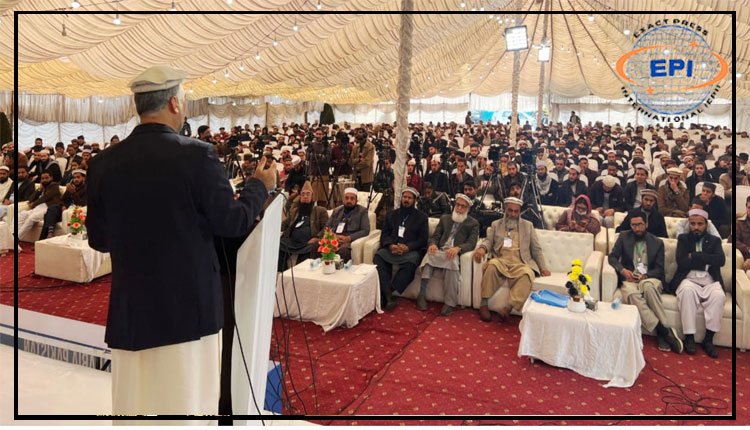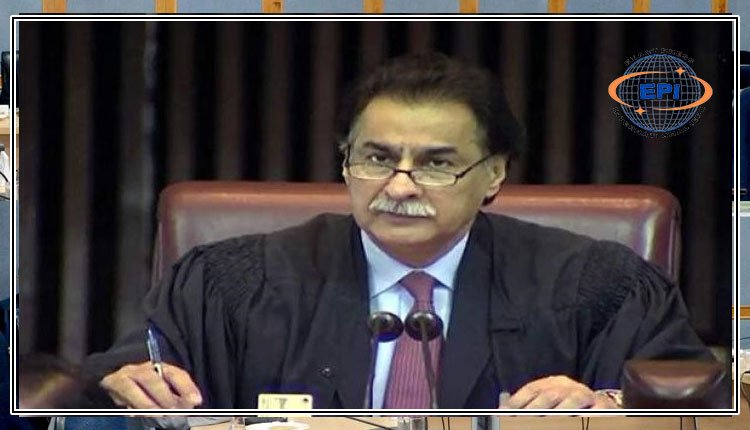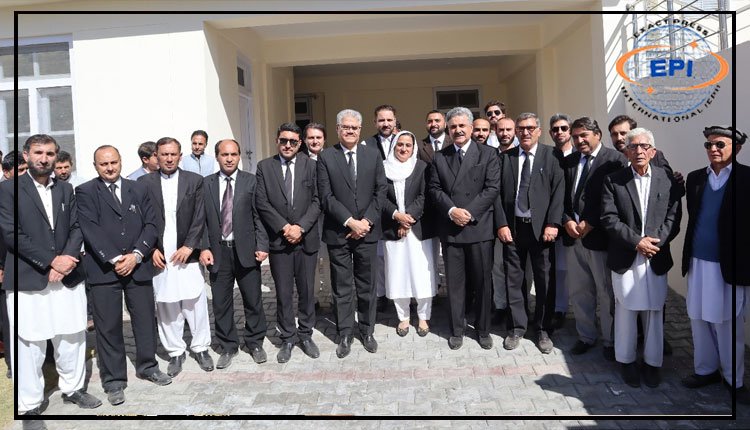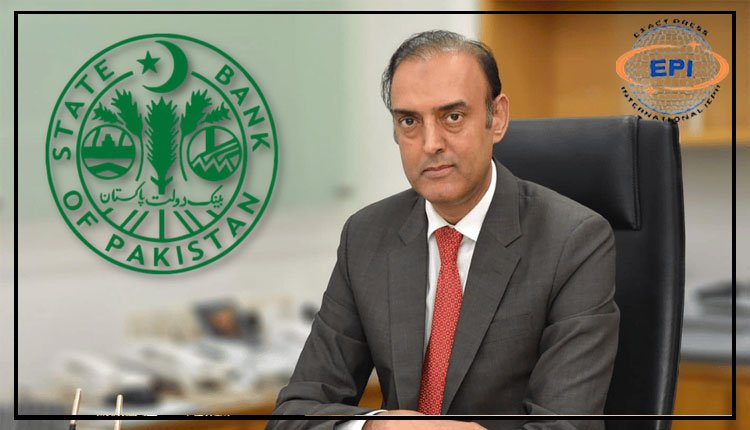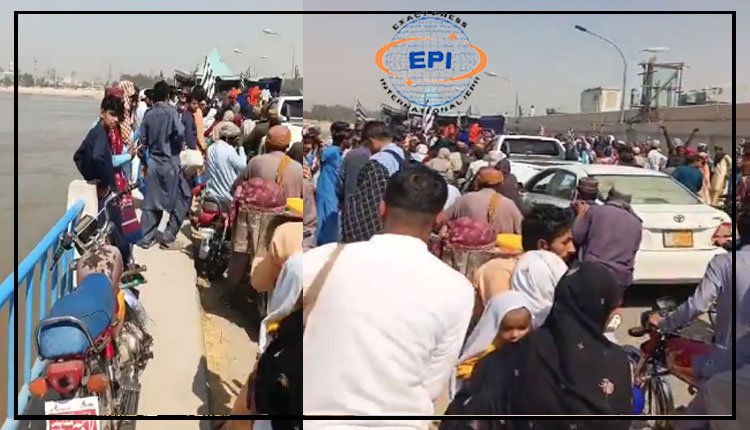Rising Water Crisis in Pakistan: Punjab’s New Canals Spark Protests in Sindh: By Ahsan wahid
Pakistan is fast approaching a severe water crisis, with experts warning that the country may soon be among the most water-stressed nations globally.
Amid this alarming situation, the Punjab government’s decision to construct new canals has triggered widespread protests in Sindh, where locals and political leaders see the move as a direct threat to their water rights.
Punjab claims the new canals are intended to bring irrigation to barren lands, especially in southern Punjab, where underground water is either scarce or saline. According to provincial authorities, expanding the canal system is a step towards agricultural development.
However, Sindh argues that it is already receiving less than its fair share of water, and any further diversion would exacerbate existing shortages.
Under the 1991 Water Accord, all provinces are entitled to a specific share of river water. Sindh contends that Punjab’s unilateral actions are a violation of this agreement, undermining national unity and trust among the provinces.
Farmers in Sindh’s districts—such as Badin, Thatta, and Mirpurkhas—are already facing crop failures due to insufficient irrigation, and the situation may worsen if new canals start siphoning more water upstream.
The controversy also highlights the failure of Pakistan’s water governance. While a national water policy exists, its implementation remains weak.
There is no independent authority to monitor fair distribution, and interprovincial coordination is lacking. As the climate crisis intensifies, the demand for water will continue to rise, making equitable management even more critical.
To prevent further tensions, experts suggest forming an independent water commission, enhancing real-time monitoring through technology, and initiating meaningful dialogue between provinces.
Most importantly, the federal government must step in as a neutral arbitrator to uphold the Constitution and ensure fair distribution.
In a country where water is the backbone of the economy and the key to food security, the need for unity, transparency, and justice in water sharing has never been more urgent.
Note: writer is an Islamabad based journalist

